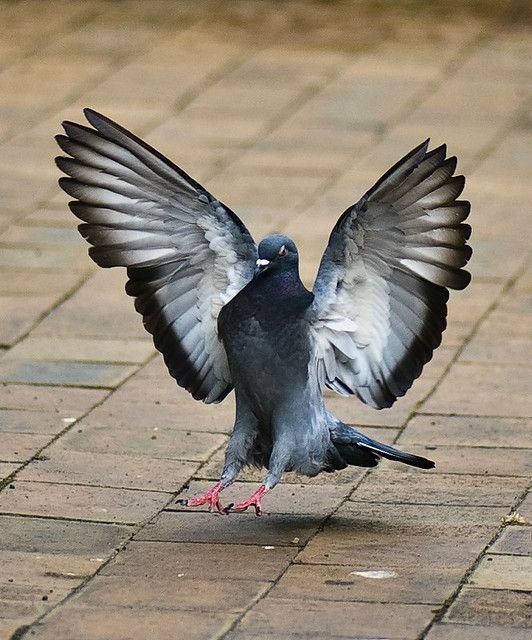Quirky and Bizarre Laws Unique to Asia
Asia, a continent steeped in rich history and diverse cultures, holds more than just ancient traditions and bustling metropolises. Amidst the norms and regulations, some peculiar laws stand out—adding a touch of the bizarre to the legal landscape.
Japan's Ban on Dancing After Midnight
Dancing is an art form celebrated globally, but did you know that in Japan, dancing after midnight is strictly regulated? The Fueiho Law of 1948 was initially crafted to curb dancehalls associated with the post-war black market.
*The law was recently amended allowing dance clubs to stay open if they do not serve alcohol after midnight and proper light levels are distributed.
Singapore's Chewing Gum Conundrum
Singapore, known for its pristine streets and immaculate order, takes its cleanliness seriously. In an effort to maintain public hygiene, chewing gum was outright banned in 1992. While the ban has been slightly relaxed over the years, selling gum without therapeutic value remains a sticky issue.
China's Video Game Curfew
In the tech hub of the world, China has taken a unique approach to curb gaming addiction among minors. The government imposed a curfew limiting online gaming for those under 18 to only three hours per week. However, according to a study of 7 billion hours of playing time the curfew had no immediate effect on heavy gaming.
Thailand's Durian Dilemma
The love-it-or-hate-it durian fruit is a culinary staple in Thailand. However, carrying it on public transportation is a different matter. Thailand has enacted a law against bringing the pungent fruit onto buses or trains. A fragrant attempt to preserve the olfactory sanity of fellow commuters, perhaps?
India's Pigeon Passport Requirement
In the realm of the unexpected, India takes the lead with a peculiar law requiring racing pigeons to have a government-issued 'pigeon passport.' This may not be the most pressing issue, but it certainly adds a feathered layer to bureaucracy






